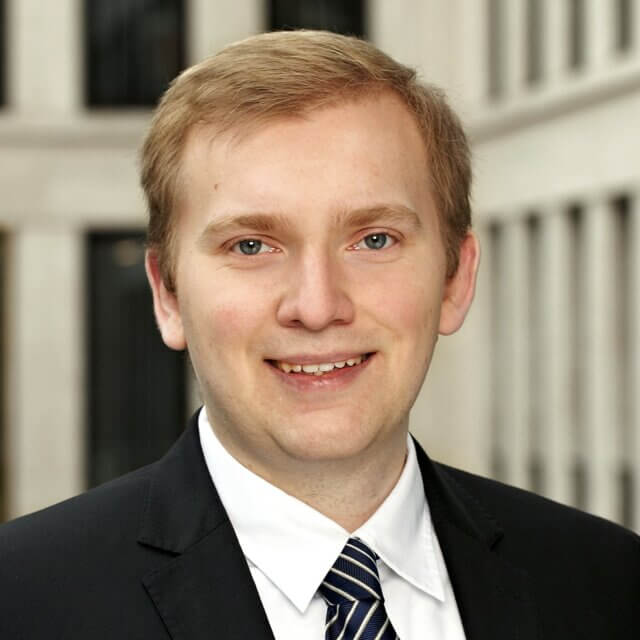How to predict emerging market power using Game Theory | with Philipp Heller

In this episode we talk to Philipp Heller, expert on mergers, antitrust and competition to elaborate on why game theory is relevant to merger analysis. We discuss how game theory can help predict effects of market consolidations for some of the most prominent examples in recent years. While the intended merger of Vonovia and its largest rival Deutsche Wohnen, which would have formed the largest residential-property company in the whole of Europe, was recently rejected by shareholders, the German Federal Cartel Office (FCO) gave its blessing to the transaction. We explain some ideas from game theory that are useful for antitrust authorities like the FCO when analysing this and other mergers. Philipp Heller is an Associate Director at NERA Economic Consulting. There he has focused on topics such as cartel damages litigation, national and international merger notifications, and regulatory procedures. Previously Philipp completed his PhD in Economics at Humboldt University of Berlin.






